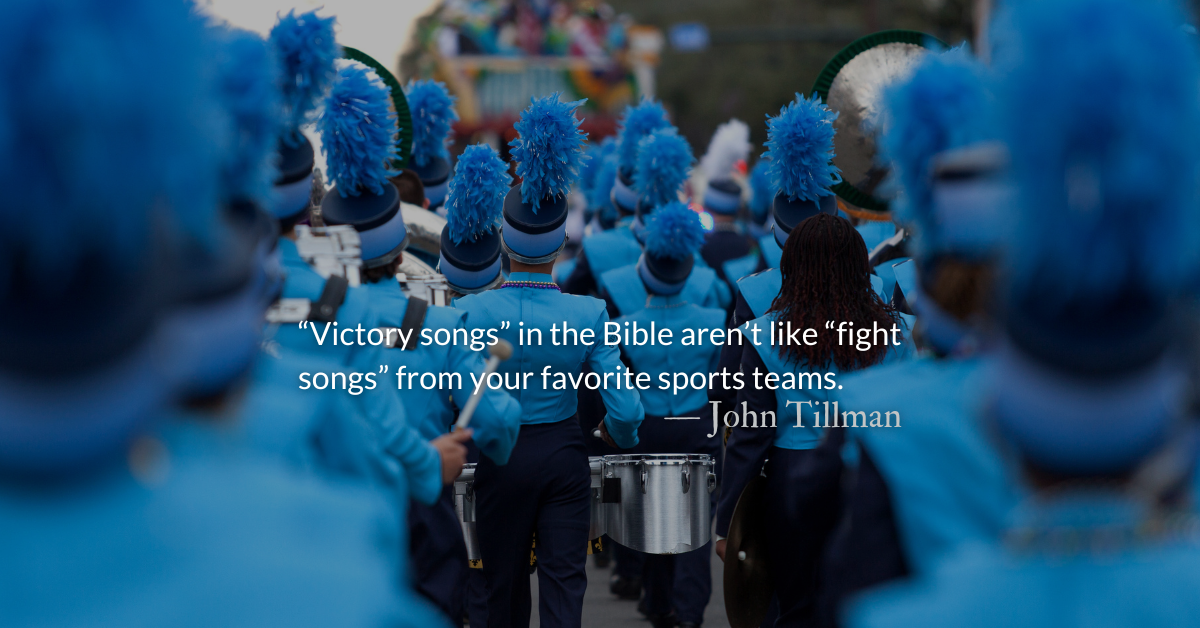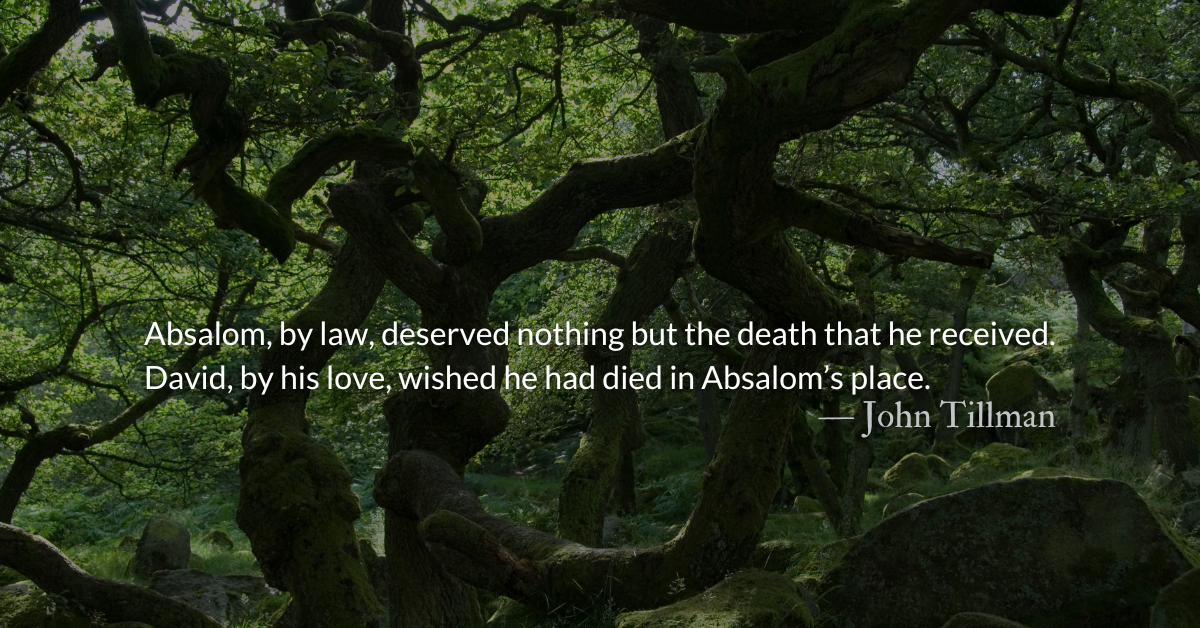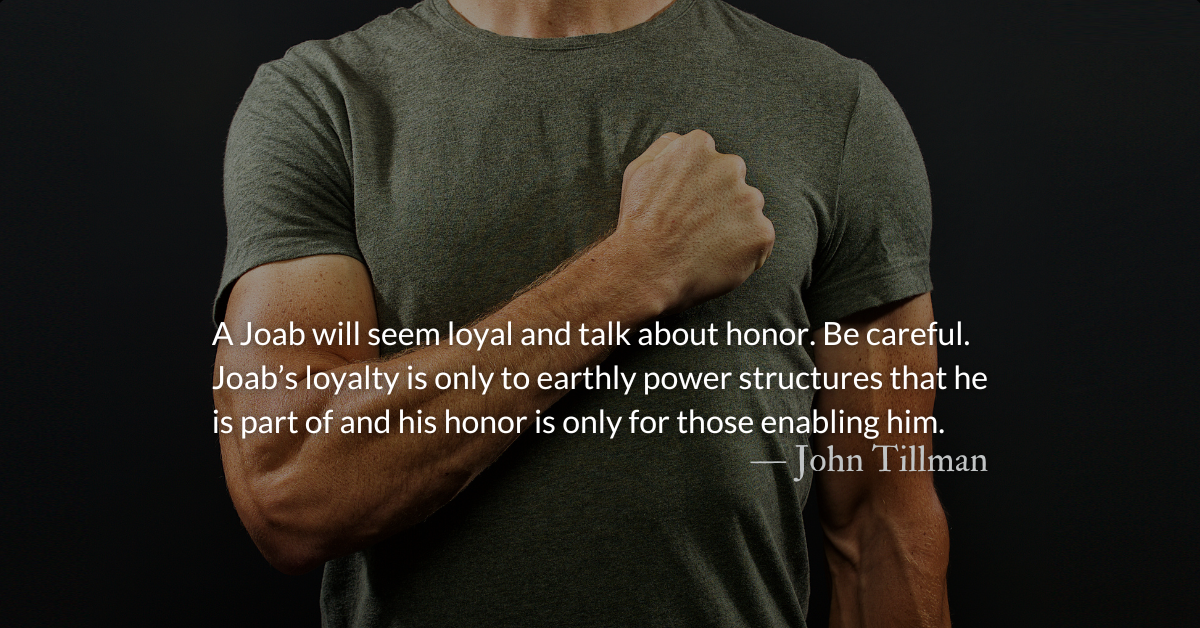Links for today’s readings:
Nov 18 Read: 1 Chronicles 11-12 Listen: (11:59) Read: Psalms 86-87 Listen: (2:26)
Scripture Focus: 1 Chronicles 11.10-11a, 15-19
10 These were the chiefs of David’s mighty warriors—they, together with all Israel, gave his kingship strong support to extend it over the whole land, as the Lord had promised—11 this is the list of David’s mighty warriors…
15 Three of the thirty chiefs came down to David to the rock at the cave of Adullam, while a band of Philistines was encamped in the Valley of Rephaim. 16 At that time David was in the stronghold, and the Philistine garrison was at Bethlehem. 17 David longed for water and said, “Oh, that someone would get me a drink of water from the well near the gate of Bethlehem!” 18 So the Three broke through the Philistine lines, drew water from the well near the gate of Bethlehem and carried it back to David. But he refused to drink it; instead, he poured it out to the Lord. 19 “God forbid that I should do this!” he said. “Should I drink the blood of these men who went at the risk of their lives?” Because they risked their lives to bring it back, David would not drink it.
2 Samuel 23.13-17
13 During harvest time, three of the thirty chief warriors came down to David at the cave of Adullam, while a band of Philistines was encamped in the Valley of Rephaim. 14 At that time David was in the stronghold, and the Philistine garrison was at Bethlehem. 15 David longed for water and said, “Oh, that someone would get me a drink of water from the well near the gate of Bethlehem!” 16 So the three mighty warriors broke through the Philistine lines, drew water from the well near the gate of Bethlehem and carried it back to David. But he refused to drink it; instead, he poured it out before the Lord. 17 “Far be it from me, Lord, to do this!” he said. “Is it not the blood of men who went at the risk of their lives?” And David would not drink it.
Such were the exploits of the three mighty warriors.
Reflection: What War Stories Reveal
By John Tillman
JRR Tolkien’s writing is haunted by the two World Wars he witnessed. The Lord of the Rings can be enjoyed as a fantasy, but connecting it to the brutal realities Tolkien lived through yields deeper meanings. Speaking of war, through Faramir in The Two Towers, Tolkien wrote, “I do not love the bright sword for its sharpness, nor the arrow for its swiftness, nor the warrior for his glory. I love only that which they defend.”
In 1 Chronicles 11 and 2 Samuel 23, scripture tells us many impressive “war stories” about David’s mightiest warriors. These stories are not intended to cause us to love these warriors for their glory, their arrows for swiftness, or their swords for sharpness.
The most detailed of these “war stories” makes that clear. David is homesick and thirsty in the wilderness and wishes for water from his hometown well, currently occupied by the enemy. Three warriors break the enemy’s lines to steal water from the well and bring it to David.
David seems not to have known of this mission until he was presented with the water he wished for. He does not drink it, but he does not waste it either. He treats the water as if it was the blood of a sacrifice and pours it out “to the Lord.”
These war stories tell us of the warriors’ skills but also reveal David’s value of life over glory. David realized his careless wish for comfort could have cost lives and that enjoying a luxury by risking the blood of his men would be wrong.
David made it clear that lives are too precious to be risked for trivial things. He honored their bravery but checked their recklessness. To David, the Lord, and us today, life must not lose its precious value and must not be risked or taken for trivial purposes or reasons.
What do our “war stories” reveal about our values?
In what ways do we participate in cheapening the lives of others? Do we carelessly wish for comforts or luxuries that might cost others their lives?
Do we love swords, arrows, and glory more than what those things defend? How can we honor those who risk their lives on our behalf without that honor turning to glorification of violence and death or the worship of weaponry instead of the protection and valuing of human life?
Divine Hours Prayer: Call to Prayer
Come and listen, all you who fear God, and I will tell you what he has done for me. — Psalm 66.14
– From The Divine Hours: Prayers for Autumn and Wintertime by Phyllis Tickle.
Read more: War Machines Have No Brakes
War will take you farther than you want to go, last longer than you have to give, and cost more than you can afford to lose.
Read more: Christ’s Body is Not God’s Army
Our “divisions” are not sword-wielders and stone-slingers…Let us become legendary for our role in spreading the good news of Jesus.






